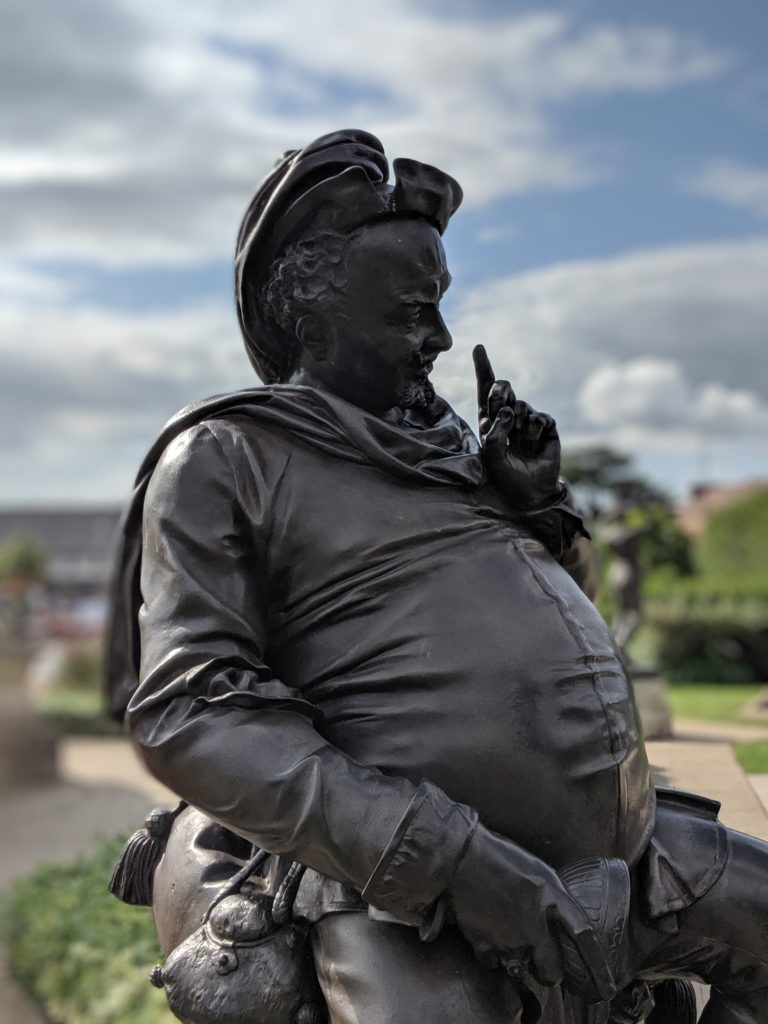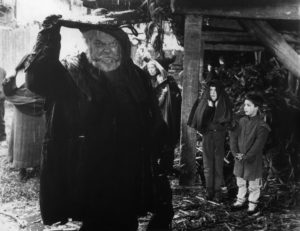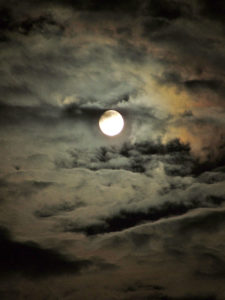I know this is a little late for a New Year’s post but I’ve been kind of busy 🙂
This year we decided to do family night for various reasons. We passed on several invitations and decided to just stay in, get some Chinese food, maybe binge watch some shows and play some board games.
Skip past the bingeing (on both Chinese food and High School The Musical The Series) and nobody really wants to dig into a cutthroat game of Monopoly, so I get an idea. I go get my Shakespeare Trivial Pursuit cards! We never get to play this, but I’ve got an idea. I’ve got all my family here. I know what I think they know. So I pick cards, and I read the questions I think they know the answers to, to see how much they’ve learned over the years. Keep in mind that recently we’ve been to Stratford, been to the Folger twice, seen several plays, and they’re all old enough at this point to have studied at least some Shakespeare in school.
They did surprisingly well! Questions on Romeo and Juliet were the most obvious and came out like homework questions. But the real fun was some of the non answers…
“What is the nickname of visitors to the Globe Theatre who stood for the whole performance?”
“Oh! Potatoes!”
“What?”
“It’s something about potatoes! Isn’t it? Something like that.”
“Groundlings?”
“Right, yes. Groundlings, potatoes. Same thing.”
“What are the names of Hamlet’s ‘friends’ who are summoned by Claudius?”
“Oh! Oooo! Umm… something…. hydro something…..”
“Guildenstern!”
“Yes! Hydrostan and Guildenstern!”
“??? Are we in chemistry class?”
And my favorite one…
“What play was being performed in 1613 when the Globe caught fired and burn down?”
“Macbeth!”
“No.”
“Hamlet.”
“No.”
“Tempest?”
“No. You’re just guessing.”
At which point my son, my youngest, who hasn’t taken his face out of his phone, says, “All is true.”
There’s a pause. My girls are waiting. I look at them. “Henry VIII, also known as All is True. He’s exactly right. I just have no idea how he knew that.”
He looks up, realizing he’s the center of attention now. “We saw that one.”
“No, we didn’t,” I tell him.
“Yes we did,” he says. “It opens with a fire.”
It’s at this point I realize he’s talking about the movie All is True, about Shakespeare’s life in retirement, which we saw earlier in the year, which indeed does start with the Globe burning down. Hey, whatever works for him!
I wish I could remember more of their answers, it was a good time indeed. Nobody knew that Prince Escalus has a name. But they remembered that “I know thee not, old man” is said to Falstaff, that the Folger is in Washington, D.C. and a whole bunch of other “that was definitely not on any homework you ever had” questions. I was pretty pleased with the results! Hope we get to do it again soon.
P.S. – My son really likes that scene, I overheard him playing Youtube clips of it before he went to bed last night. He also asked me if he should watch the entire movie or if he’d be bored. I thought he still might be a little bored, but agreed that there’s some good battle scenes.
UPDATE: Fixed typo, of course the Globe didn’t burn down 7 years after Shakespeare died, my brain must have been thinking I was talking about the Folio.



 I haven’t been around much lately, and for that I apologize. I’ve missed a few big stories that I hope to come back around to as part of the year end.
I haven’t been around much lately, and for that I apologize. I’ve missed a few big stories that I hope to come back around to as part of the year end. So I was thinking today about a future where we have people on the moon. You know, typically Friday afternoon stuff. Like you might read in a Robert Heinlein novel. I was talking about the next generation being the ones who might live on the moon, who might be the first to perform Romeo and Juliet on the …. wait a second.
So I was thinking today about a future where we have people on the moon. You know, typically Friday afternoon stuff. Like you might read in a Robert Heinlein novel. I was talking about the next generation being the ones who might live on the moon, who might be the first to perform Romeo and Juliet on the …. wait a second.